Who’s willing to see more body-friendly clothing sizes?
If you’re screaming “Me!” repeatedly in response to the headline, chances are you will find resonance with a few friendly Malaysians I spoke to about this. Anyhow, it’s always good to take note of and try and understand their experiences.

Currently in the e-commerce industry, it is quite eye-opening to learn that this lady is not a big fan of popular online shopping platforms. “Unless it’s the official store, I’m not very fond of buying clothes online, Elizabeth Wee says, because God knows if what you see on-screen will be the same as what you see when it reaches you”. She adds “Sometimes, the colour, which can be difficult to distinguish on-screen, can make a lot of difference to the wearer”. In fact, she is happy to admit that she is not a follower of fashion trends. Placing quality as the top priority when getting clothes, she believes that it is “uneconomical to purge your wardrobe every few months”. “From a young age it has been difficult for me to get clothes, considering my height”, she opens up. Wee, who has also experienced both working at a local fashion and accessories company and at a Japanese casual wear retailer, states that she almost always has to alter her formal attire. Luckily for her, there are Southeast Asian, European brands and Japanese retailers that cater to her. To look at her situation in a positive light, she uses some creativity. For example, she looks for items that are easy to fold and carry around. “At times, I travel to meet clients, so they do come in handy”, she explains. However, these stores tend to price their items at the higher end of the spectrum. Notably, she states “I wouldn’t mind paying a little extra for clothes that fit me well if it’s worth it”. Asked about the standard of local brands, she replies: “Those that are of boutique-standard quality works best for me.” She notes that much needs to be done by stores, one of which is to be more accommodating.
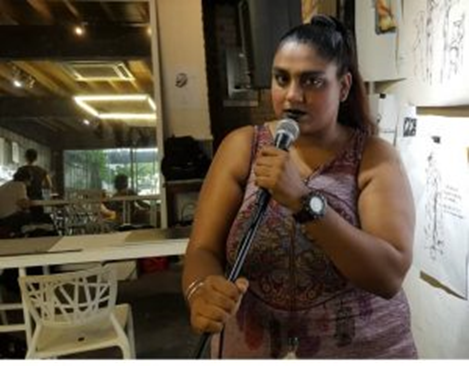
In a similar situation is Diyaa Mani, who always has to alter her jeans and dresses, given that she is one of those who have disproportionate body parts. She explains that her waist is smaller than her hips and chest, making it tough to purchase clothes, in general. Given her situation, she has had a look at a couple of British brands that are more friendly to those of her size. For Diyaa, these brands are stylish and are made of material that is friendly to her skin. However, unlike Wee, she does shop online on popular platforms for casual wear, and only buys them when there are legitimate reviews and extensive details of the item. When asked if she ever had any need to return any item she had purchased online, she says “I guess I’m just really lucky with the sellers I engage with”. When asked about her thoughts on the fashion industry in general, the writer, editor, and proofreader says “Clothing lines should re-examine their labelling systems and be more respectful to anyone and everyone, regardless of his or her size”.
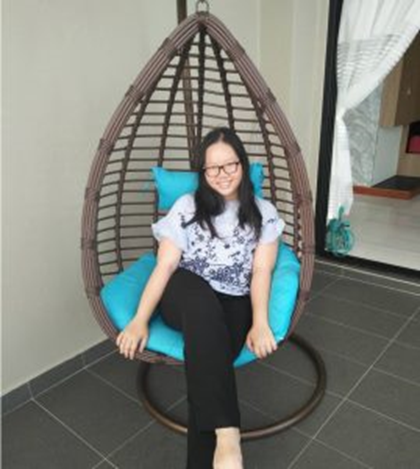
For Sarah Loke, she somehow ends up buying clothes from the same Malaysian brand everytime because of its affordability and cutting that is to her preference. Loke, a customer service representative attached to an insurance company, reveals she is able to find all types of clothing, including dinnerwear from the same brand. It would make sense that she doesn’t have to alter clothes, unlike Diyaa and Wee. Asked whether she has shopped online on popular platforms before, she said a previous experience had driven her away from shopping for anything that is meant to be worn. This perspective is somewhat echoed by Wee. When asked if she had anything else to add, she affirmed what Diyaa and Wee have said: there should be more options for different body types, not just the standard sizes.

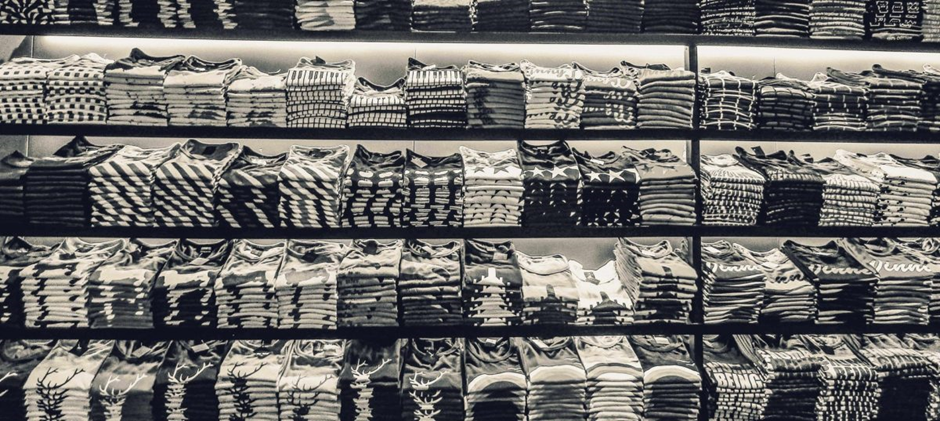






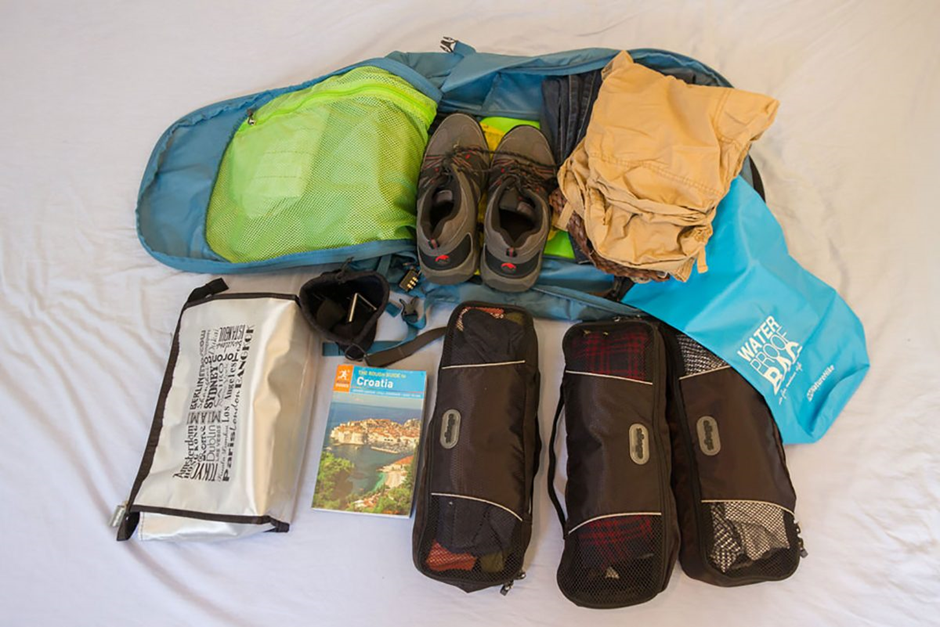

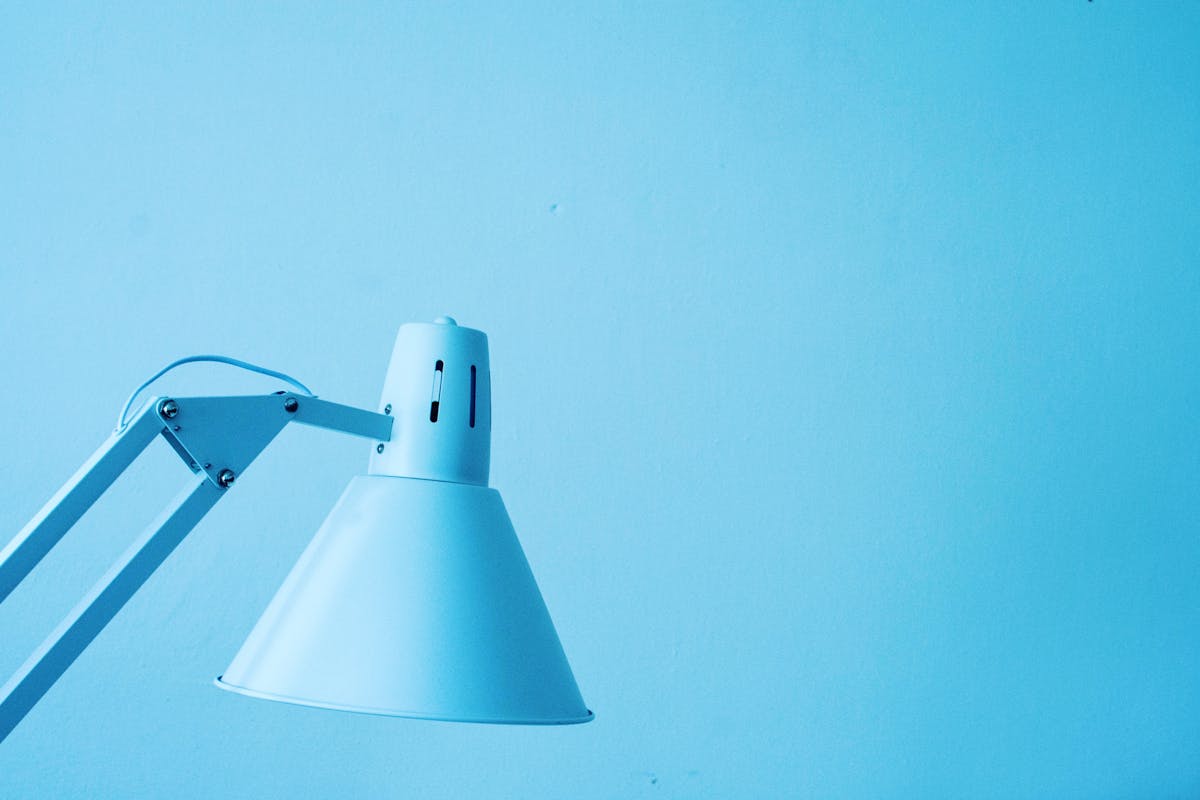

Showing 0 comments